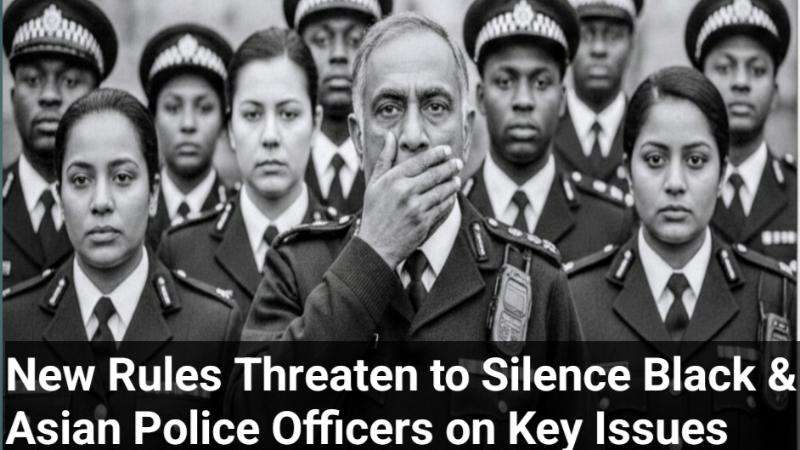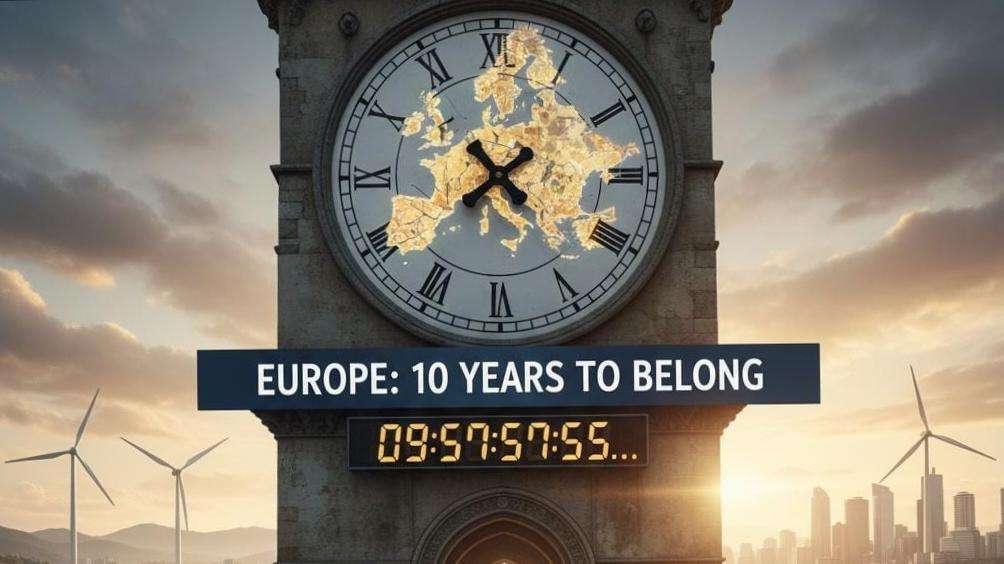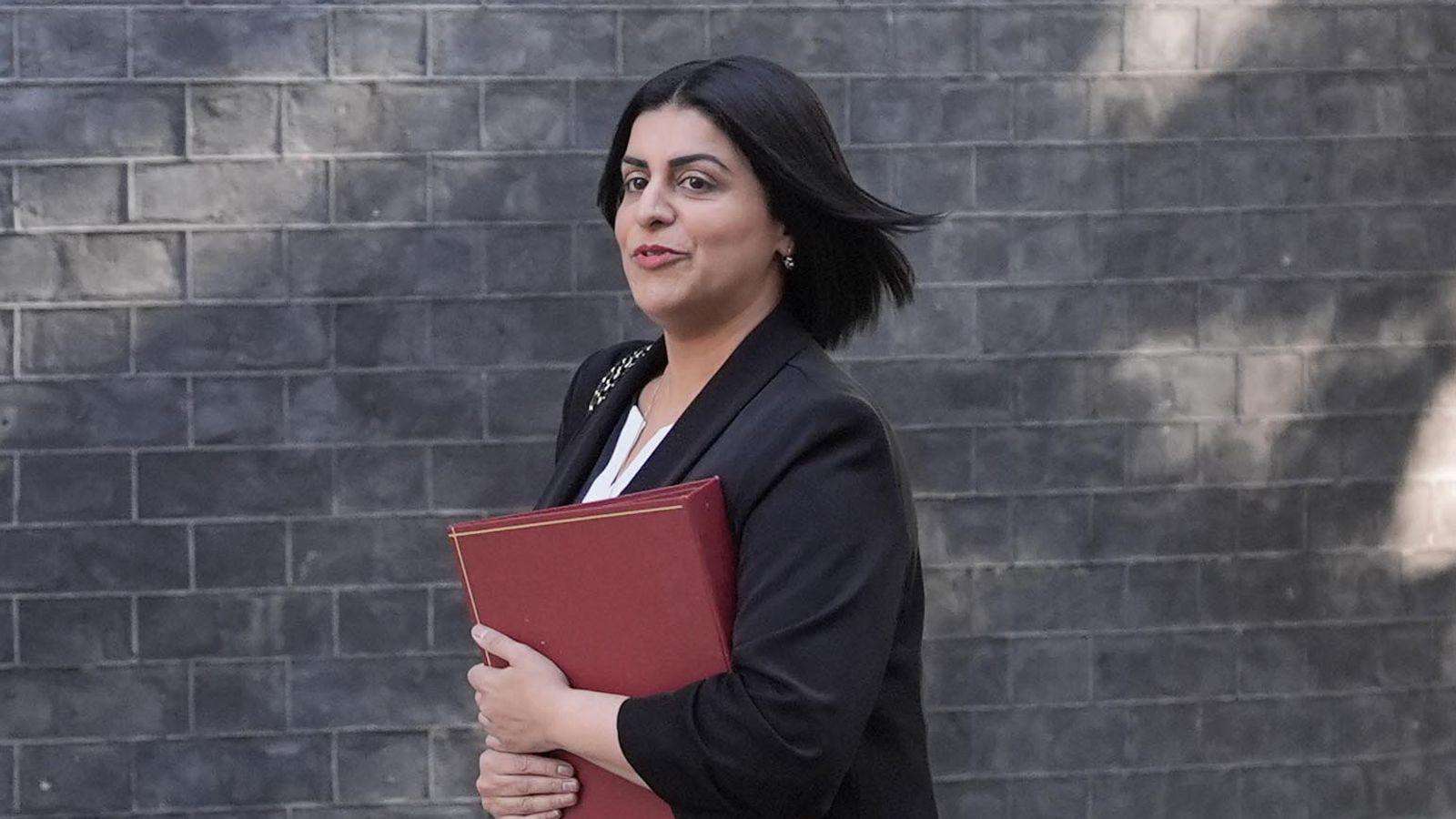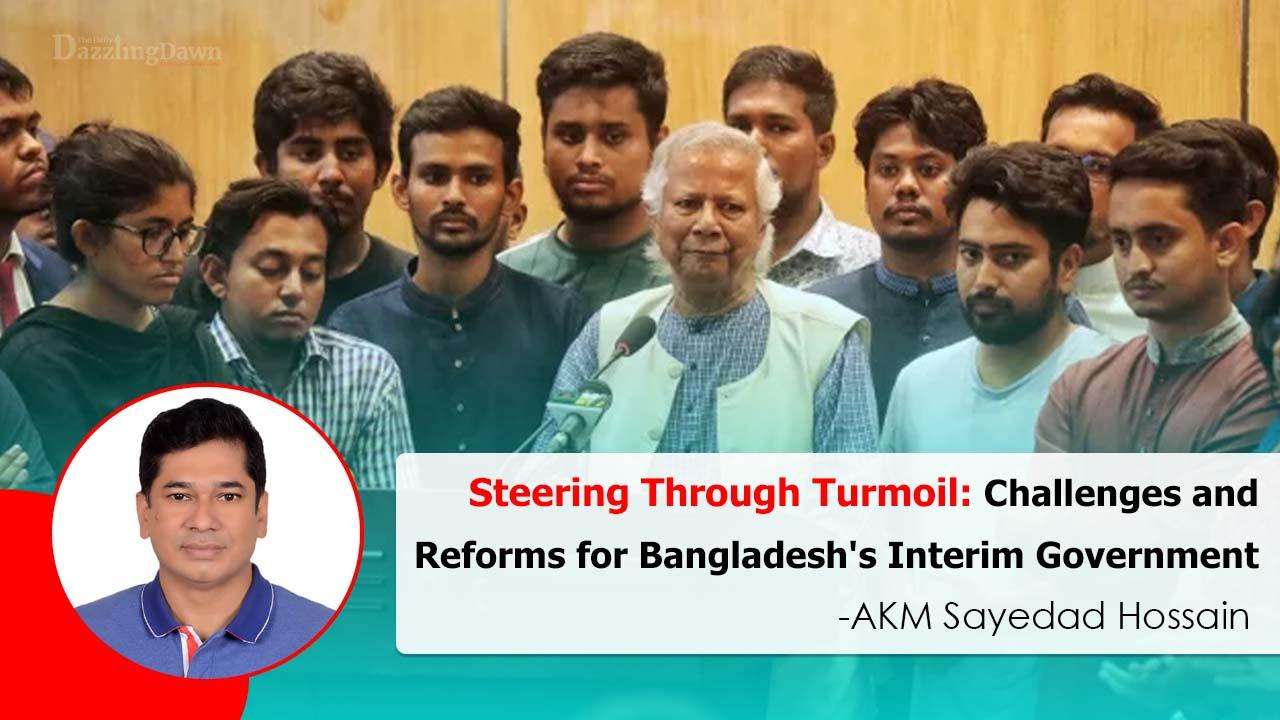Bangladesh's socio-economic and political landscape has, over the last decade and a half, been increasingly marred by entrenched corruption and power consolidation. This systemic degradation has permeated decision-making processes, which have often prioritized the interests of an elite plundering class. Consequently, politics and commerce have become inextricably linked, fostering a cycle where wealth and power remain within a narrow circle, intensifying socio-economic disparities and financial inequities.
While the nation witnesses opulent lifestyles of those who funnel wealth to some of the world's most expensive metropolises, millions of Bangladeshis face daily struggles to meet basic needs. This stark dichotomy underscores the urgent need for a shift toward a more democratic economy—one that ensures the interests of entrepreneurs, workers, consumers, suppliers, and the broader public are preserved and respected. For such a transformation, decision-making must be democratized, with inclusive participation across all stakeholders. Above all, integrity among the political class is paramount. Without leaders embodying honesty, fostering an economy rooted in transparency and fairness remains elusive.
Transforming Policy and Economic Trajectories
The fundamental structure of both policy frameworks and economic systems in Bangladesh demands comprehensive overhaul. The current trajectory of development has proved inadequate in mitigating inequality. A reimagined development paradigm must be embraced, one that prioritizes inclusive growth as its cornerstone. As Dr. Salehuddin Ahmed, an economic advisor to the interim administration, articulated, “Our policy framework and the mainstay of our economy need transformation. The way we are currently developing is not conducive to reducing inequalities. We must foster a new approach that champions inclusive development.”
This perspective aligns with the interim government's assertion that it operates without personal agendas or vested interests. Instead, national welfare takes precedence, enabling swifter, more decisive actions compared to the often-protracted decision-making processes of conventional political regimes. The interim administration’s rapid, yet thoughtful, decision-making can serve as a catalyst for reform, aimed at addressing the systemic disparities and recalibrating the nation’s socio-economic dynamics.
Banking Sector Reforms and Macroeconomic Stability
A critical area demanding immediate attention is the banking sector. Recently, Bangladesh Bank’s initiatives toward banking reform were highlighted by Governor Dr. Ahsan H. Mansur, who emphasized the central bank’s commitment to macroeconomic stability. “The central bank is striving for macroeconomic stability,” he noted, acknowledging that growth rates may temporarily dip as these stabilizing measures take effect. “Continuous dialogues with banking associations and stakeholders have been crucial. In cases of extreme malpractice—such as one family withdrawing Tk 23,000 crore from a single bank—replacing management boards and ensuring better oversight has been necessary.”
The Governor’s assurances underscore that while recessionary fears loom, an outright economic downturn is not on the horizon. Nonetheless, vigilance and proactive regulation are essential as the nation navigates a period of moderated growth.
Modernizing Revenue Systems and Legislative Reforms
Efforts are also underway to modernize revenue collection mechanisms. NBR Chairman Md. Abdur Rahman Khan’s vision for a less burdensome tax process reflects a pivotal step toward equity and efficiency. “Our goal is to eliminate the necessity for taxpayers to visit tax offices,” he stated. This aligns with broader attempts to reform discriminatory laws and abolish the culture of unwarranted tax exemptions, which have long perpetuated fiscal inequities. Khan also emphasized that this year, duty and tax concessions have been extended on essential goods to safeguard national interests and facilitate revenue collection.
The Path to Democratic Economy
Former Commerce Minister Amir Khasru Mahmud Chowdhury aptly framed the challenge, “The economy must reflect democratic principles. We have seen the emergence of an oligarchic class as economic power becomes concentrated among a few. To remedy this, the economy itself must be democratized.” This vision calls for an economy where policymaking and resource allocation transcend power cliques, promoting a model that integrates participatory governance and transparency.
Conclusion: The Imperative for Ethical Governance
The path forward for the interim government involves fostering trust through transparent, ethical leadership. Economic democratization—entailing broader participation, inclusive policies, and equitable resource distribution—is essential for sustainable development. An accountable governance framework, complemented by reforms across the banking and revenue sectors, will help bridge the chasm of inequality. The commitment to swift yet judicious decision-making, coupled with integrity in leadership, will be pivotal in steering Bangladesh towards a fairer, more resilient future.
--
AUTHOR IS DIRECTOR: NATIONAL INSTITUTE OF STRATEGIC STRATEGIES








.svg)
